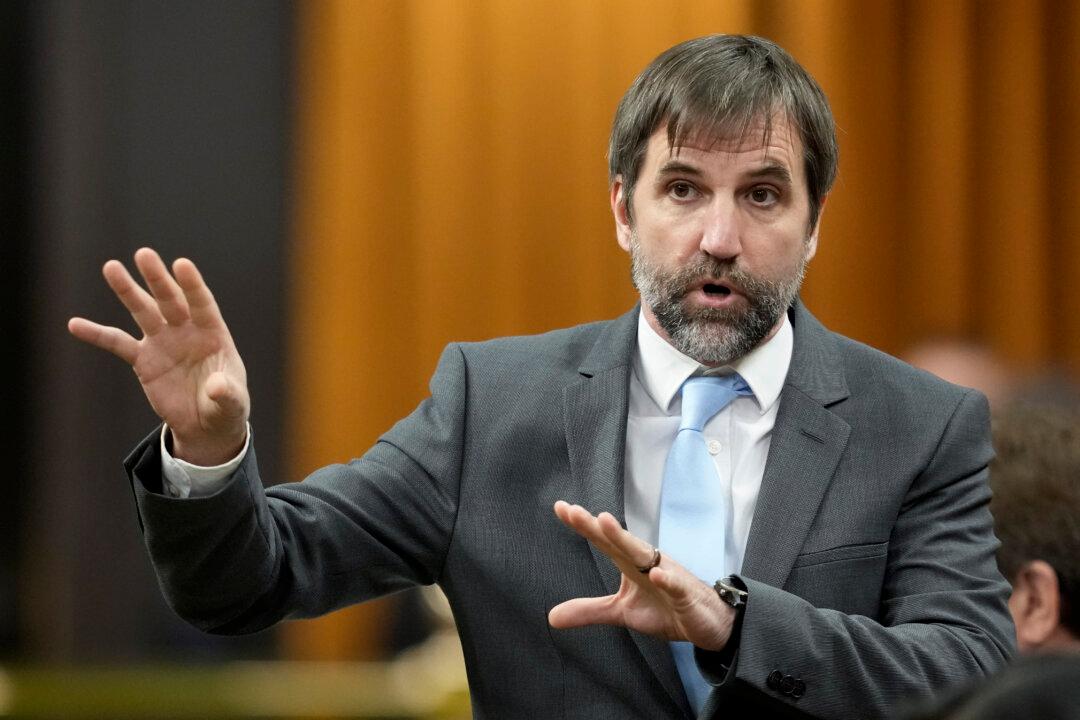The federal government will look to enshrine in legislation certain “climate action” targets outlined at the U.N. Biodiversity Conference (COP15) held in Montreal, according to Climate Change and Environment Minister Steven Guilbeault, who called the future actions a “next step” for Canada.
“I think the next step for many of our countries, including mine in Canada, is to develop legislation to enshrine the targets that we’ve agreed to here in Montreal,” said Guilbeault during a COP15 press conference on Dec. 20.





